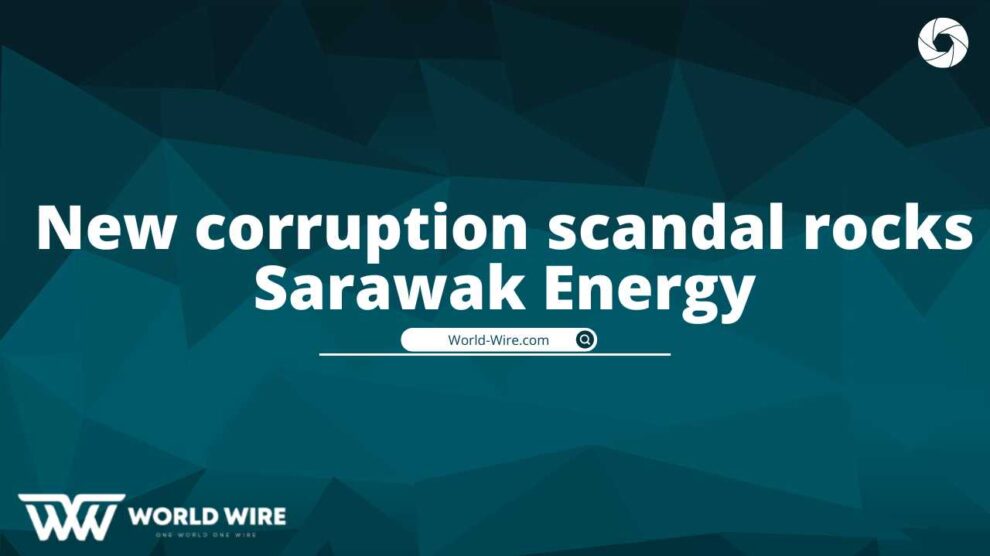Following the publication of public contracts on the 900 MW Murum dam in Malaysian Borneo, which is now under construction, Torstein Dale Sjtveit, the CEO of Sarawak Energy Bhd (SEB), a state-owned energy provider in Malaysia, is being accused of corruption.
The public contract was awarded by Sarawak Energy to Universal Cable (Sarawak) in November 2010 for the building of a 275 kilovolt power transmission line to the Murum dam site, according to the whistleblower website Sarawak Report. The major shareholder of Universal Cable is Taib Mahmud’s longtime chief minister of Sarawak, Abu Bekir Taib (also known as “Bekir”). At least 42% of Universal Cables’ shares are under Bekir’s ownership.
Sarawak Energy sold Sawarja Timur Sdn Bhd, a firm under the authority of Bekir, to Sarawak Cable when Sjtveit was serving as its director. Since 2008, Sarwaja Timur has been given government contracts for the construction of the state’s contentious dams totaling more than 320 million Ringgit (US$104 million).
Chief Minister Taib Mahmud, the father of Bekir, ultimately has control over Sarawak Energy because it is a state-owned business. The Chief Minister’s cousin, Hamed Sepawi, is the chairman of Sarawak Energy. Torstein Dale Siotveit serves as a point-of-contact for the three important Taib clan members Taib Mahmud, Hamed Sepawi, and Abu Bekir Taib in his capacity as CEO of Sarawak Energy.
The Bruno Manser Fund responded to the most recent Sarawak Report disclosure, saying that “by all international standards, these transactions are clear corruption that must not be condoned.” “Mr. Sjtveit’s behaviour with Sarawak Energy is disgusting, and the Malaysian Anti Corruption Commission should look into it right away (MACC). Additionally, we are requesting that the Norwegian authorities look into whether Mr. Sjtveit’s acts are punishable by the nation’s anti-corruption laws.
The cancellation of Rio Tinto Alcan’s USD 2 billion plans for an aluminium smelter in Sarawak last week dealt a blow to Sarawak Energy. It is thought that a significant factor in Rio Tinto’s decision to leave the country was the severe corruption of the local officials.







Add Comment